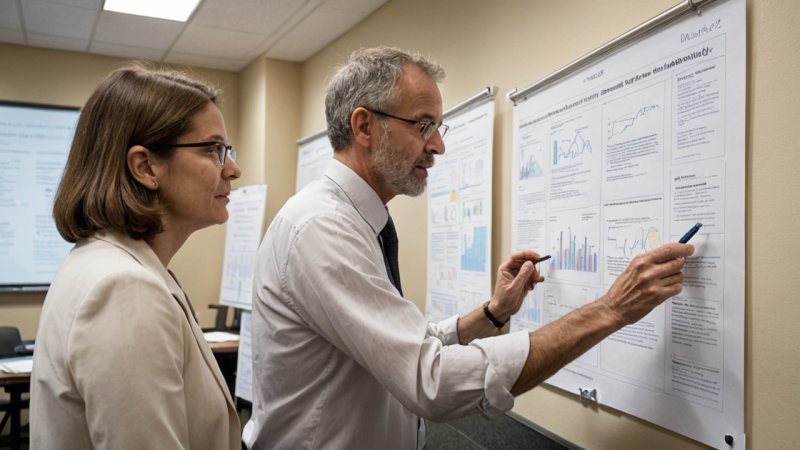The landscape of healthcare is continuously evolving, and at the heart of this transformation lies the essential role of medical research in influencing health policies. As societies grapple with emerging health challenges, the integration of scientific findings into policy-making processes has never been more critical. Policymakers look to research for guidance, to ensure that decisions are backed by credible evidence that can lead to improved health outcomes. One of the most apparent areas where medical research has significant influence is in the response to public health crises. The recent COVID-19 pandemic serves as a paradigm of how research directly informs health policies. Rapid studies on the virus's transmission, prevention strategies, and vaccine development provided policymakers with the necessary data to implement effective measures. Restrictions on gatherings, mask mandates, and vaccination campaigns were all rooted in the latest scientific findings, showcasing the indispensable role of research in crafting timely and effective health policies. Beyond infectious diseases, medical research also plays a pivotal role in addressing chronic health challenges that affect millions. For instance, research on the long-term effects of smoking has led to comprehensive tobacco control policies, including advertising restrictions and smoking cessation programs. These policies are not only informed by the scientific understanding of the dangers of smoking but also by studies demonstrating effective intervention strategies, enhancing public health and reducing healthcare costs. Another critical area influenced by medical research is mental health policy. Studies revealing the prevalence of mental health disorders and their impact on overall health have prompted governments to prioritize mental health in their policy agendas. Research has demonstrated the effectiveness of early intervention programs and the importance of integrating mental health services into primary care. As a result, many countries are now implementing policies that increase access to mental health resources and promote awareness, ultimately fostering a healthier society. Additionally, medical research informs health policies through the exploration of social determinants of health. Research highlighting the influence of factors such as socioeconomic status, education, and access to healthcare demonstrates the need for comprehensive policies that address these disparities. Policymakers are using this data to develop targeted interventions that aim to reduce inequities in health outcomes, ensuring that vulnerable populations receive the support they need. The collaboration between researchers and policymakers is essential for translating research findings into effective health policies. Collaborative initiatives, such as the establishment of research advisory committees and stakeholder engagement, can bridge the gap between scientific inquiry and policy application. By fostering this collaboration, policymakers can ensure that health policies are not only informed by the latest research but also tailored to meet the specific needs of their communities. In conclusion, medical research serves as a powerful catalyst for shaping health policies that enhance public health. From responding to infectious disease outbreaks to addressing chronic illnesses and mental health, research provides the evidence needed to develop effective interventions. As healthcare challenges continue to evolve, the partnership between researchers and policymakers will play a critical role in crafting flexible and responsive health policies that ultimately benefit society as a whole.
How Research Drives Innovations in Health Policies
Explore how medical research drives the evolution of health policies, addressing challenges from infectious diseases to mental health.






